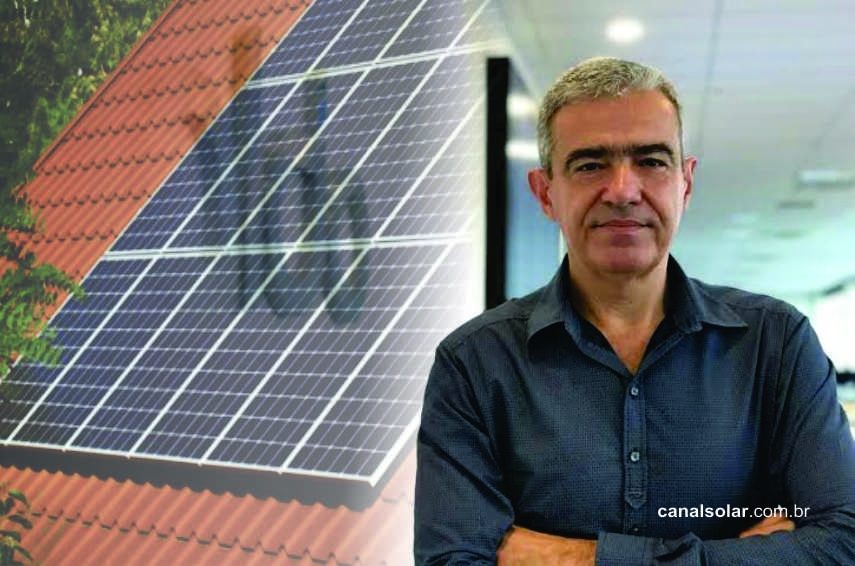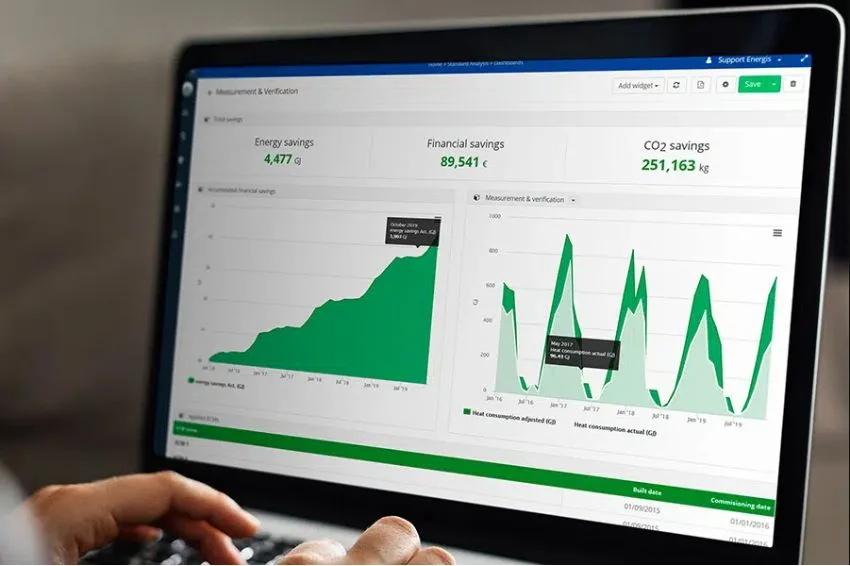Photovoltaic solar energy is without a doubt the most accessible and democratic source of electricity. Everyone can have one: natural or legal persons. Everyone can generate their own electrical energy. It is not possible to have a hydroelectric or thermoelectric plant in our backyard, but we can have a mini photovoltaic solar plant on our roofs. Photovoltaic solar energy is universal and can be used anywhere there is space for the installation of photovoltaic modules.
The solar source is clean, does not produce noise, gases or waste. It is cheaper, environmentally friendly and only brings benefits to those who use it. So why don't “they” want things to evolve? Distributors and concessionaires use the government to maintain profits, doing everything to make their own production of electricity unfeasible.
The question could be asked by several entrepreneurial fronts in Brazil, a country that effectively explores the theme of “entrepreneurship” as a way of encouraging people to do things for themselves and, automatically in part, reducing the State’s share of responsibility in maintaining well-being. of the population. After all, those who do it themselves don't need help.
But in few sectors is the answer to the above question as obvious as it is in the solar energy production sector. Some don’t want “things to evolve” because they want to maintain their monopoly and decision-making power. They want to keep the consumer forever under the rules they impose and, thus, remain sovereign in the market.
To explain: the owner of a house invests in purchasing equipment for the production of solar energy. Some of it is consumed and another part is integrated into the established electrical grid. At this rate, it simply pays for the energy it consumes, offering excess energy in exchange.
In this article I will avoid commenting again on all the economic and ecological benefits of implementing solar energy on a large scale, as is already happening in other countries. Developed countries that have already understood that encouraging clean energy production is more than an alternative: it is a necessity.
Returning to the starting point: in October 2019, electricity distributors welcomed a proposal from the National Electric Energy Agency – ANEEL – which aims to implement a tax of 62% on any Brazilian who wants to produce electricity using the sun that bathes their roof.
From the point of view of those interested in producing clean and cheaper energy, the return period on investment in solar panels is currently around five years. The new tax, if implemented, increases the return on investment in distributed solar generation by more than 20 years, making solar production economically unviable.
In a more comprehensive view, it is clear that if the production of electrical energy from the solar matrix is carried out on a large scale, it reduces the need to produce electrical energy through hydroelectric plants and, mainly, thermoelectric plants – the latter produce the most expensive energy. and dirt on the Brazilian electrical system, in addition to depending on gas imports from Bolivia.
There is no way to install a thermoelectric plant in my backyard, but I can produce energy from a solar source on my roof. Every Brazilian can generate their own electrical energy in a democratic, clean and cheap way.
To illustrate the size of the “fear” that energy concessionaires have if solar energy develops en masse in Brazil: currently 60% of the electrical energy we consume is produced in hydroelectric plants and 17% by thermoelectric plants. Solar energy production would have to represent between 15% and 20% of the country's entire energy production so that it represented a minimum of competition to traditional, more expensive and more polluting modalities. The concessionaires are trying to make “competition” impossible, which currently represents only 0.9% of the energy consumed in the country.
Since solar energy still has such a small space in the Brazilian energy matrix, why not provide conditions for it to develop? Why do they prefer to use thermoelectric plants and still buy fossil fuel from the neighboring country? Answer: to keep Brazilians as captive consumers and ensure a monopoly on the sale of electricity to the final consumer. Companies that have production and distribution under their control do not want to lose space in this lucrative market, even if this means more expensive energy for the Brazilian people.
While maintaining the status quo, energy generating and distributing companies get the government (or the people) to pay so that they can divert rivers, flood entire cities or invest in long and expensive distribution lines. However, we need to democratize the generation of electrical energy.
With the implementation of photovoltaic systems, the population can guarantee the survival of distributors if we look at this competition from another angle. Alone, these companies will not be able to supply all the energy necessary for the country's growth, as the energy generated and distributed are dependent on the amount of rain that supplies the hydroelectric reservoirs - in addition, of course, to the problem of varying availability and price of oil. and the gas that feeds thermoelectric plants, whose participation in the energy matrix has unfortunately been growing in the country.
















